Scientists discovered the brain’s waste removal system in 2013. The glymphatic system uses cerebrospinal fluid to flush out toxins.
It primarily operates during sleep, clearing out protein aggregates like amyloids. This system clears about 60% of the brain’s metabolic waste each night.
Electrical Waves: Nature’s Brain Pump?
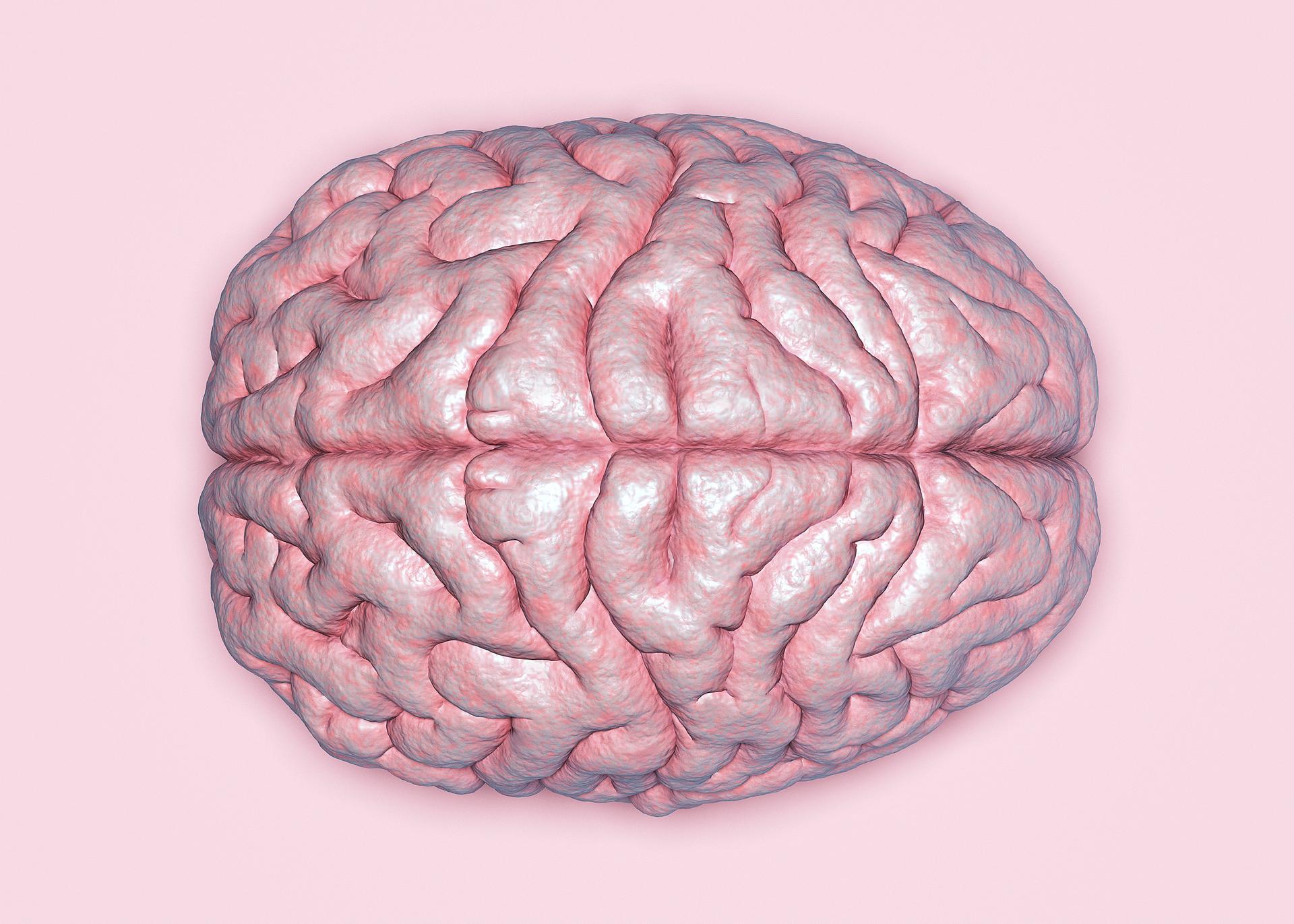
Recent studies reveal slow electrical waves drive waste removal. Individual nerve cells coordinate to create these rhythmic waves.
These waves act as miniature pumps, moving fluid through brain tissue. Researchers observed these waves occurring about once every 20 seconds during deep sleep.
Sleep: When Does Our Brain Take Out the Trash?
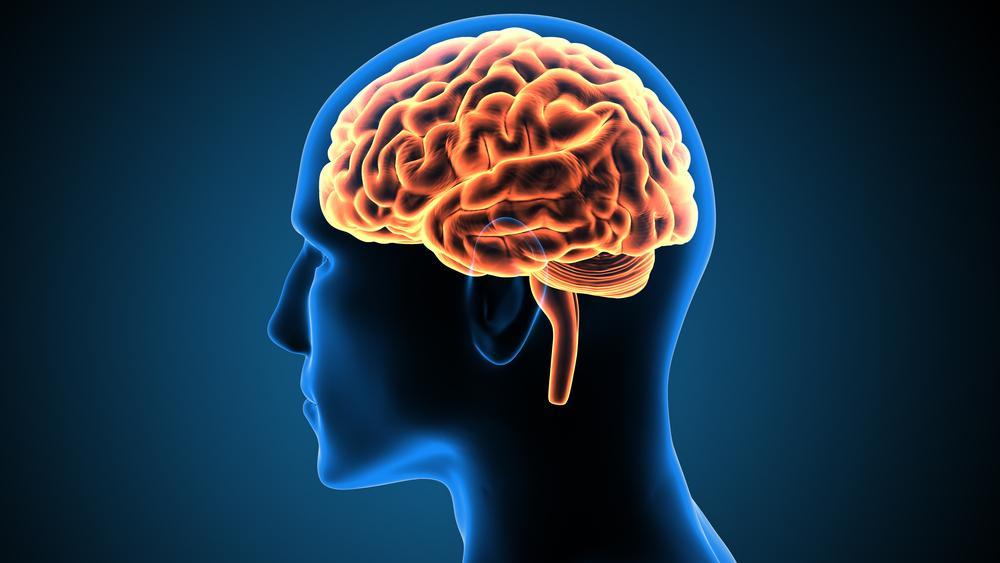
The brain initiates its cleaning process during sleep. This process removes metabolic waste that accumulates during wakefulness.
Sleep deprivation can reduce glymphatic system efficiency by up to 40%. Could poor sleep hygiene contribute to neurodegenerative diseases?
Bloodstream Barrier: How Does Waste Escape?
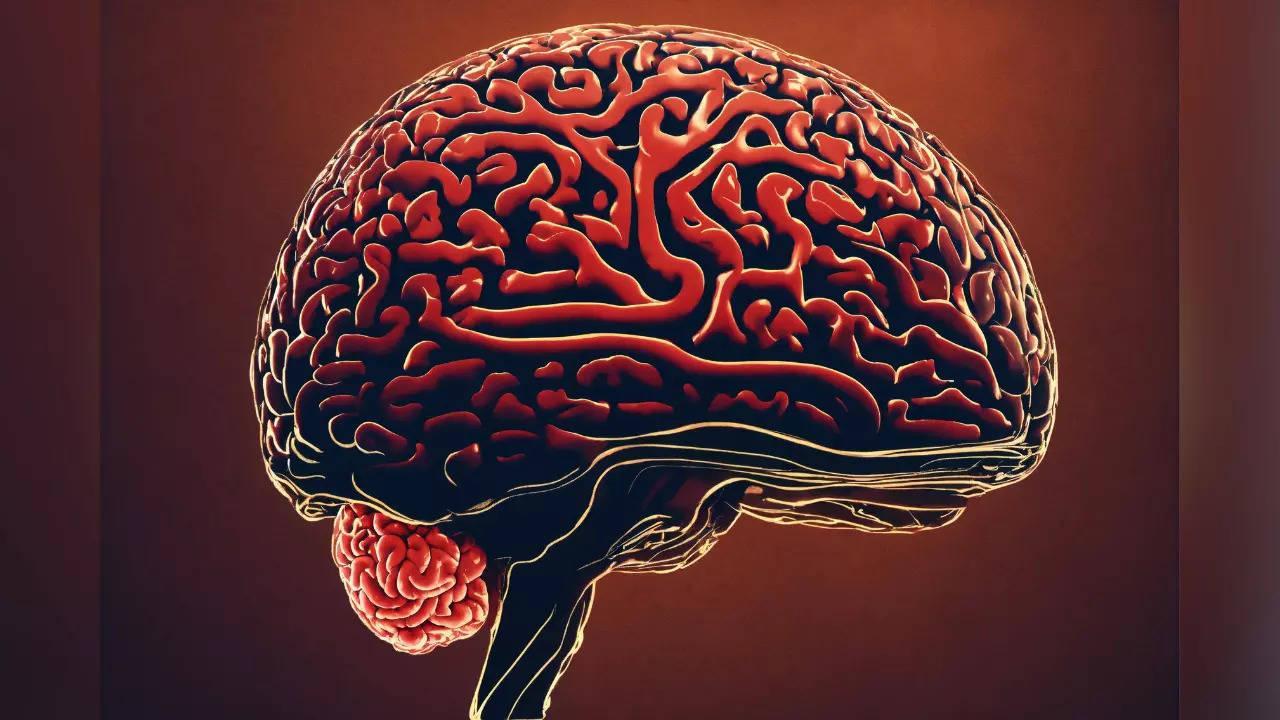
Scientists discovered “security checkpoint” structures in the brain. These allow molecules and fluid to cross the arachnoid barrier.
The barrier separates brain tissue from the bloodstream. Approximately 500 ml of cerebrospinal fluid is produced and absorbed daily through this system.
Mouse Models: Glowing Brains Reveal Secrets?
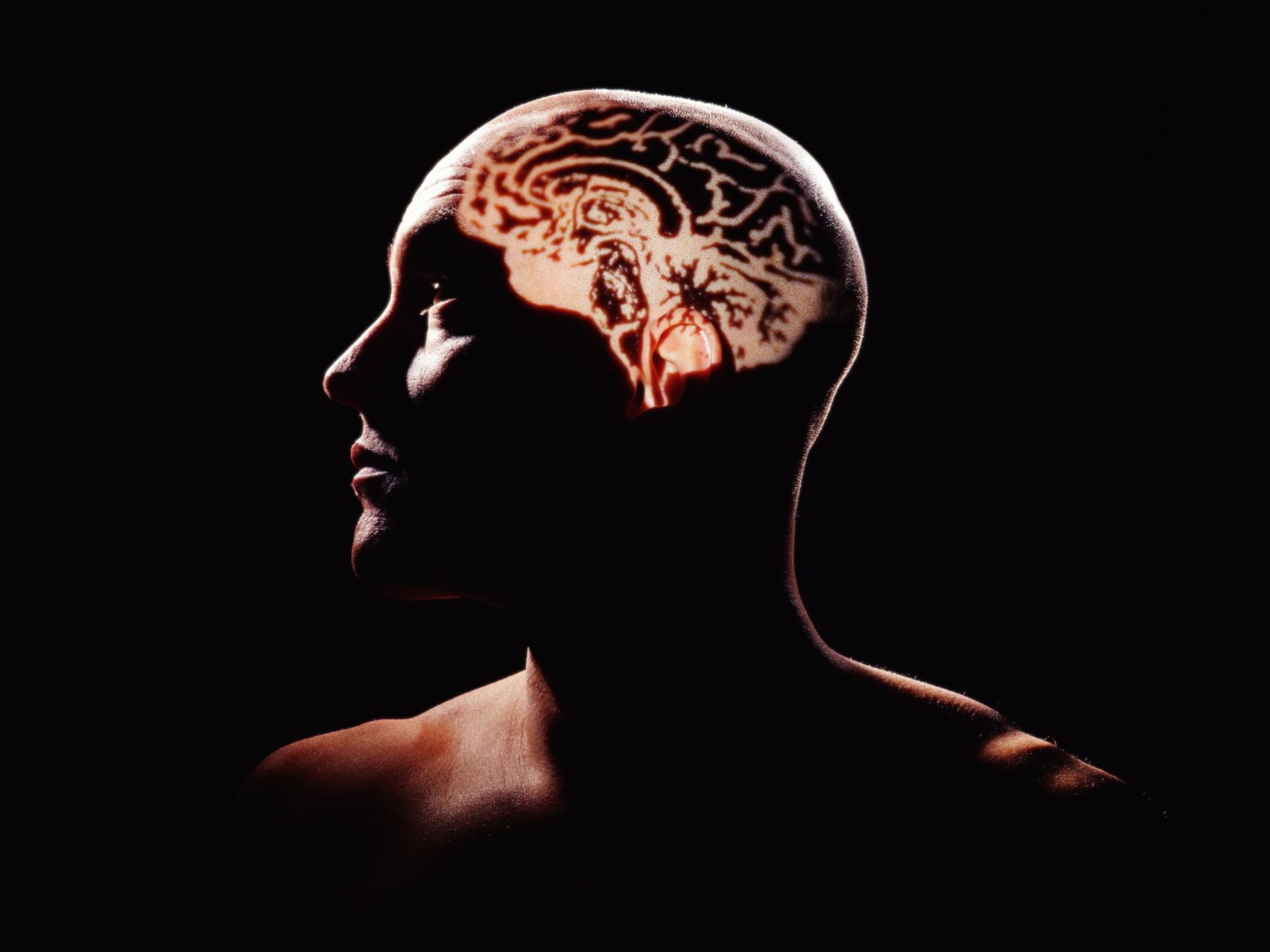
Researchers injected mice with light-emitting molecules. This technique allowed visualization of fluid movement across barriers.
Similar processes were confirmed in human brains via MRI scans. Could this method lead to early detection of brain disorders?
Clogged Gates: A Cause of Brain Diseases?
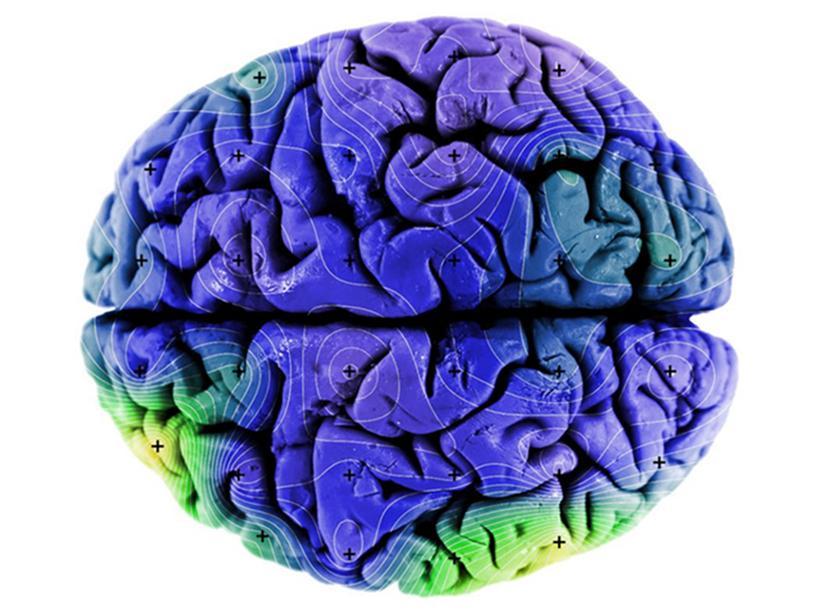
Blockages in these “security gates” could prevent waste exit. Such clogs might lead to various neurological disorders.
Alzheimer’s disease affects over 6 million Americans aged 65 and older. Are these blockages the missing link in understanding neurodegenerative diseases?
Traumatic Brain Injury: Disrupting the Clean-Up Crew?
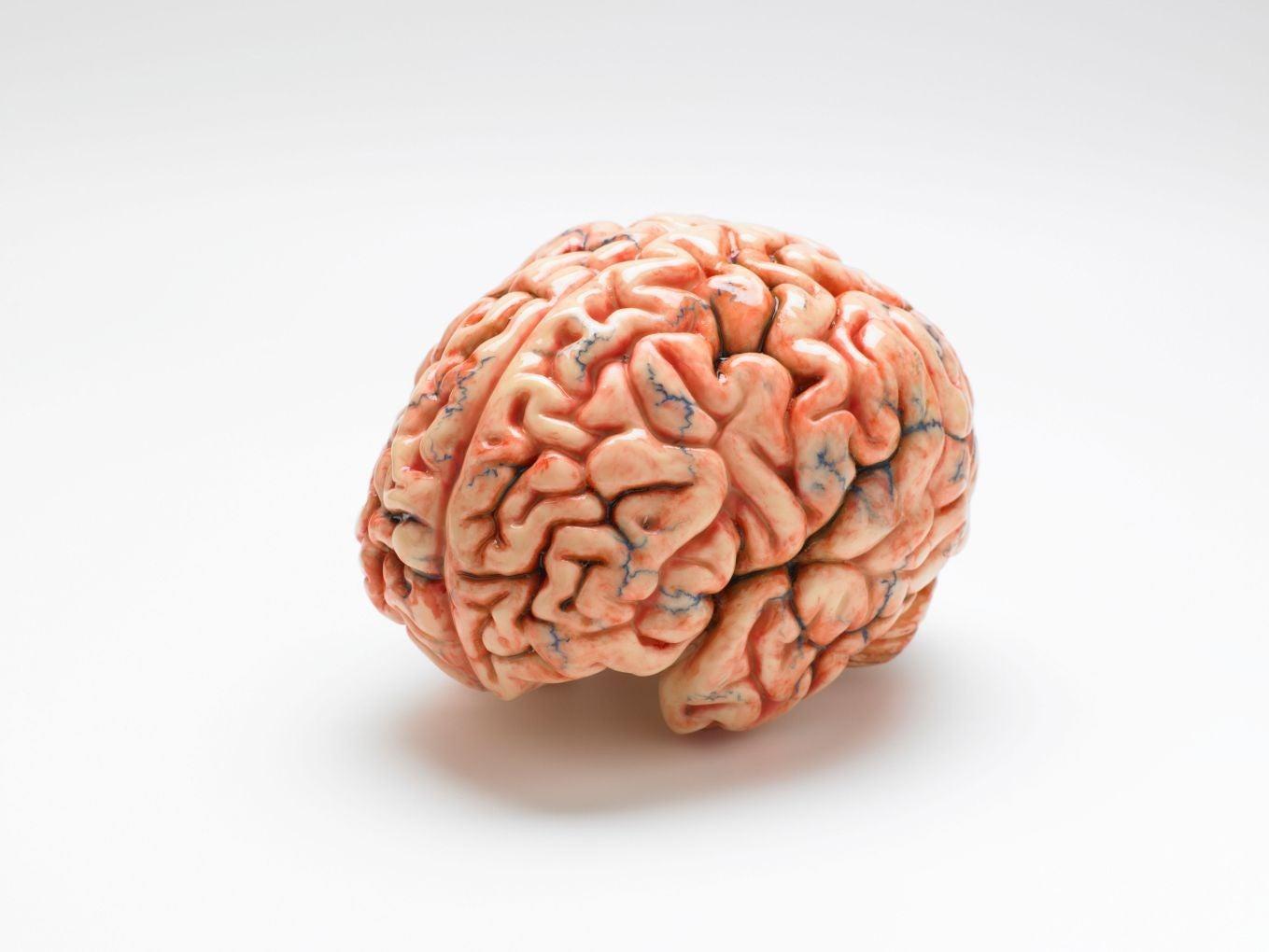
Blast-induced brain injuries can impair the glymphatic system. This impairment may lead to post-concussive symptoms.
About 69 million individuals worldwide suffer traumatic brain injury annually. Could improving waste removal alleviate symptoms in TBI patients?
Sleep Quality: Key to Brain Health?
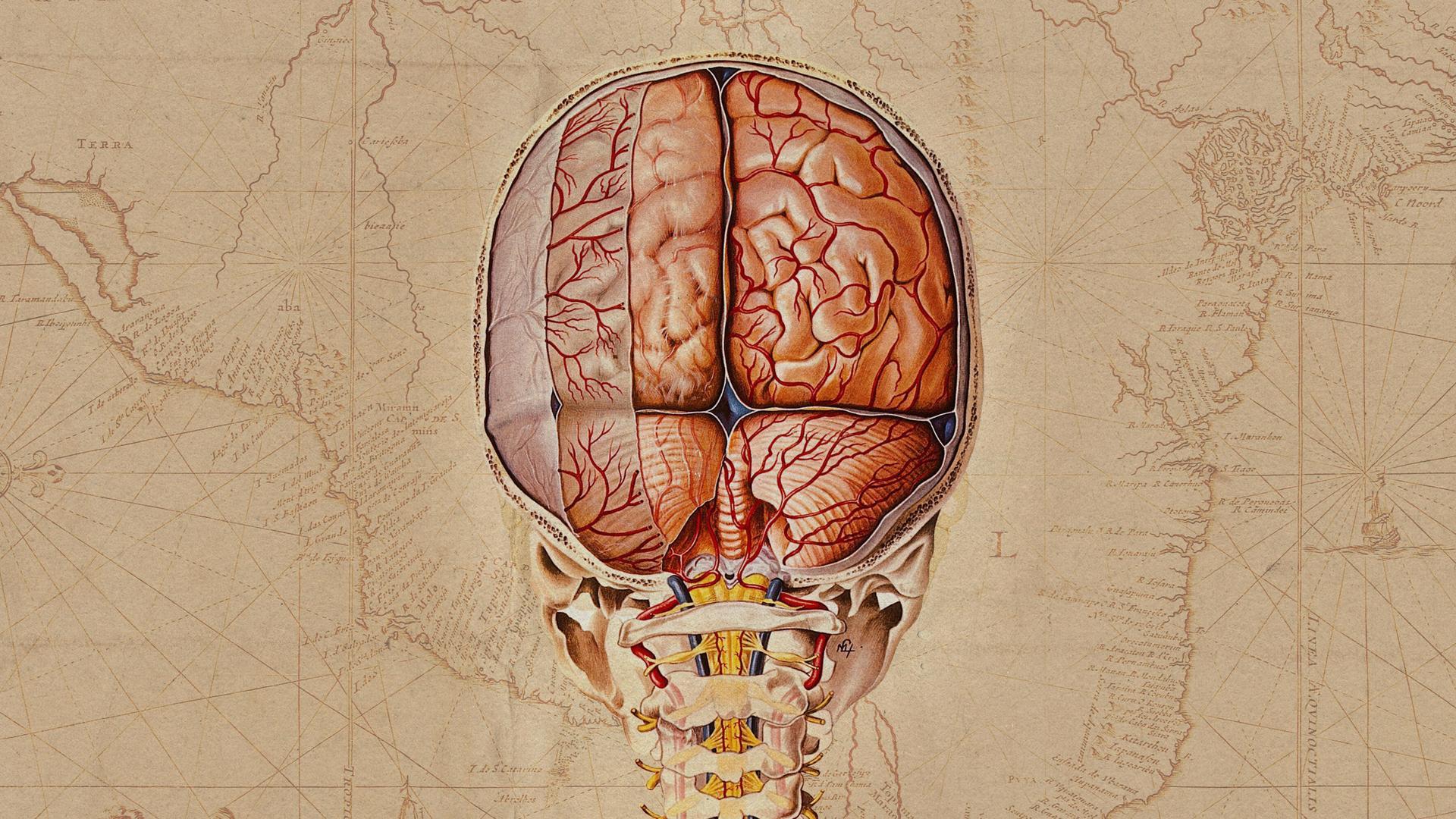
Quality sleep is crucial for effective brain waste removal. Poor sleep may reduce glymphatic system efficiency.
Adults need 7-9 hours of sleep for optimal brain function. How can we optimize our sleep for better brain health?
Future Therapies: Targeting the Brain’s Plumbing?
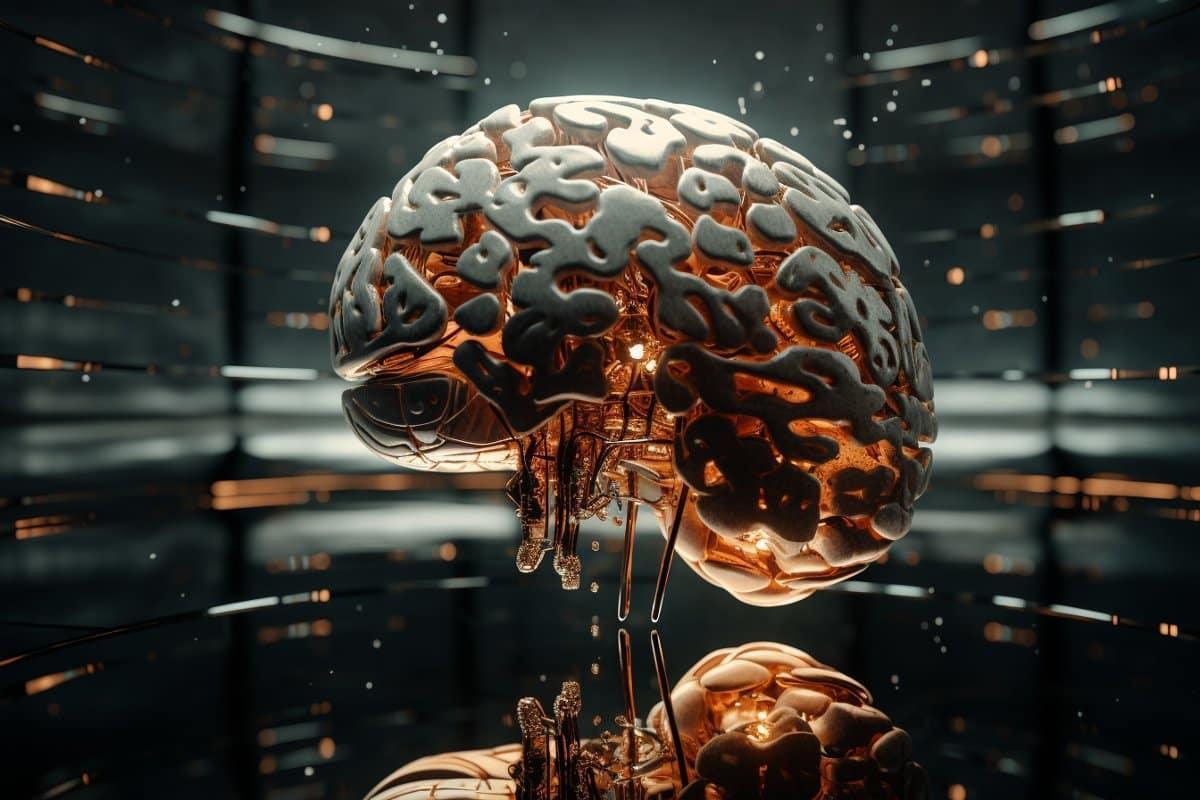
Understanding the glymphatic system could lead to new treatments. Neurological conditions affect millions worldwide.
Alzheimer’s disease is projected to impact 13.8 million Americans by 2060. Will manipulating this system be the next breakthrough in neurology?
Uncharted Territory: What Else Lurks in Our Brains?
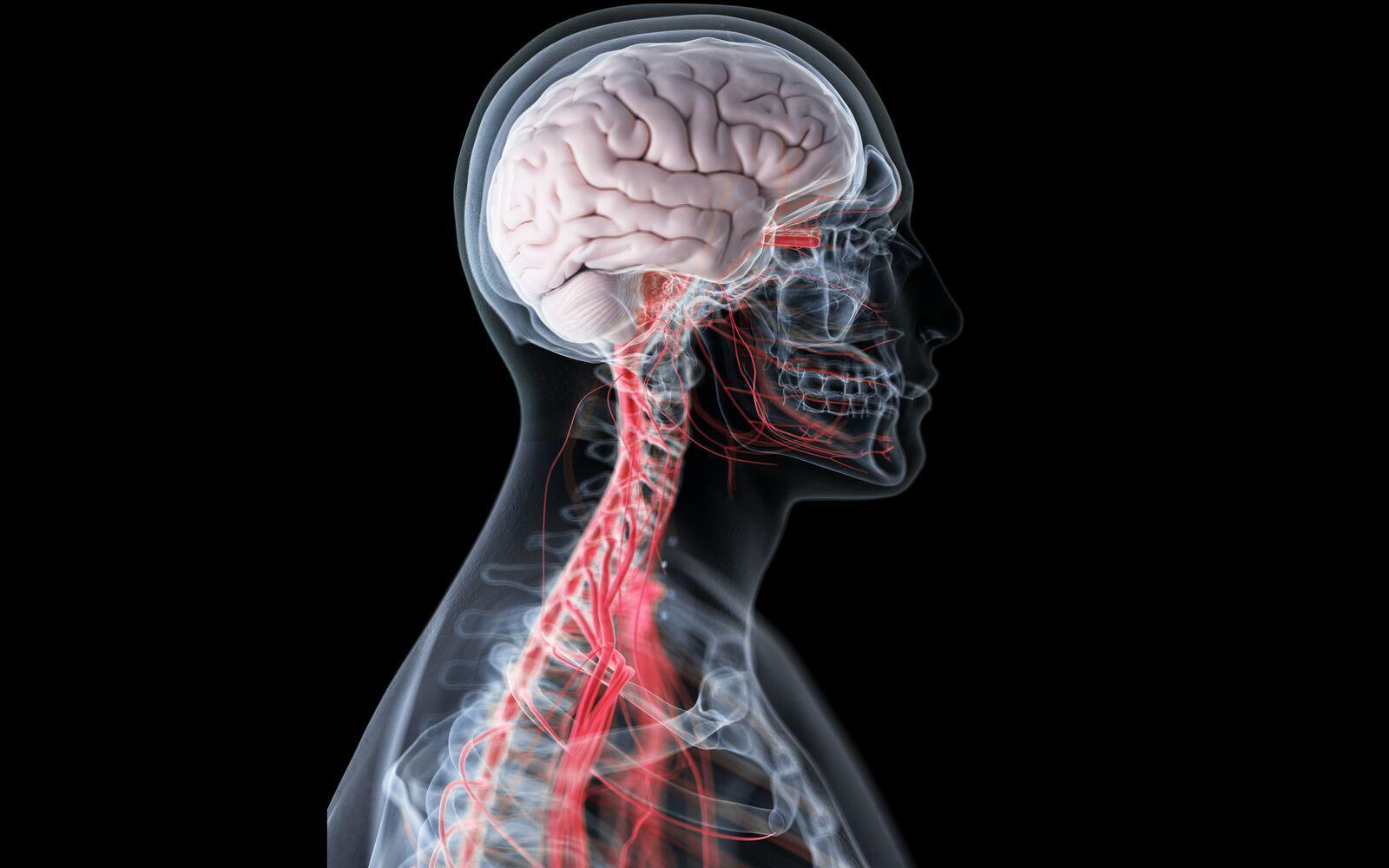
The human brain still holds many undiscovered secrets. Each new finding brings us closer to understanding neurological conditions.
The brain contains approximately 86 billion neurons. What other groundbreaking discoveries await in the depths of our minds?

